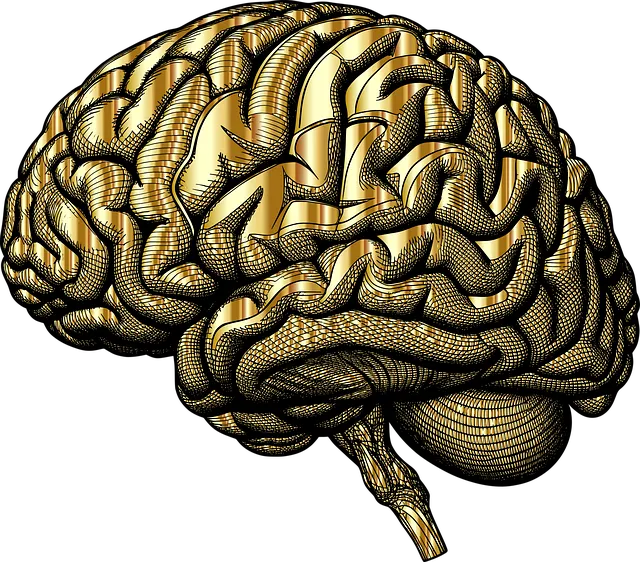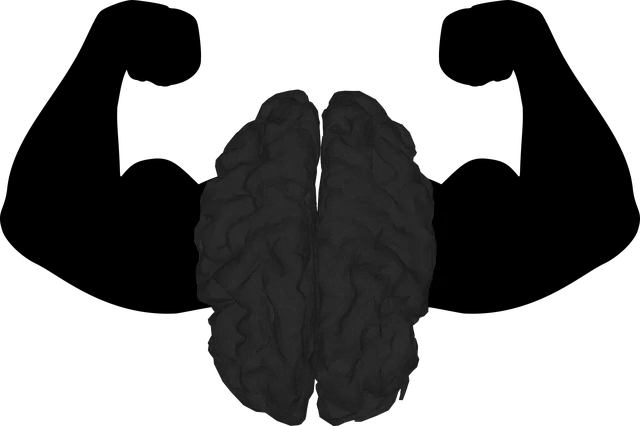The Wheat Ridge Kaiser Permanente mental health appointment center prioritizes emotional intelligence (EQ) as a core element of holistic wellness. Through tailored programs, self-awareness exercises, empathy building, effective communication techniques, and mindfulness practices, individuals gain skills to manage emotions, navigate challenges, and promote sustainable mental wellness. These approaches not only benefit clients but also healthcare providers, fostering deeper connections, improved decision-making, and enhanced stress management.
Emotional intelligence (EI) is a powerful tool for holistic wellness, as demonstrated by Wheat Ridge Kaiser Permanente’s commitment to mental health. This article explores EI development through several key lenses. We delve into understanding EI, emphasizing self-awareness as the cornerstone of growth. Enhancing empathy and communication strategies foster deeper connections while mindfulness practices cultivate presence. By integrating these techniques, individuals can navigate life’s challenges more effectively, all backed by Wheat Ridge Kaiser Permanente’s esteemed mental health appointment center expertise.
- Understanding Emotional Intelligence: A Key to Holistic Wellness at Wheat Ridge Kaiser Permanente
- The Role of Self-Awareness in Building Emotional Intelligence
- Enhancing Empathy: Bridging the Gap Between Emotions and Actions
- Effective Communication Strategies for Better Emotional Connections
- Practicing Mindfulness: Cultivating Presence for Enhanced Emotional Intelligence
Understanding Emotional Intelligence: A Key to Holistic Wellness at Wheat Ridge Kaiser Permanente

At Wheat Ridge Kaiser Permanente mental health appointment center, understanding emotional intelligence is recognized as a cornerstone for achieving holistic wellness. Emotional intelligence, or EQ, refers to an individual’s ability to recognize, understand, and manage their own emotions, as well as perceive, interpret, and influence the emotions of others. This multifaceted skillset goes beyond mere self-awareness; it drives effective communication, fosters strong relationships, and promotes mental wellness.
Through a range of Mental Wellness Coaching Programs Development, Wheat Ridge Kaiser Permanente empowers individuals to navigate life’s challenges with resilience. By addressing emotional needs and cultivating healthy coping mechanisms, these programs aim to prevent burnout and promote sustainable mental wellness. Whether someone is seeking support for stress management, relationship issues, or personal growth, the center offers tailored solutions that recognize the intrinsic link between emotional intelligence and overall well-being.
The Role of Self-Awareness in Building Emotional Intelligence

Self-awareness is a cornerstone in building emotional intelligence, and it’s why Wheat Ridge Kaiser Permanente mental health appointment centers emphasize its importance during therapy sessions. It involves recognizing and understanding your own emotions and how they impact your thoughts and behaviors. By cultivating this aspect, individuals can better comprehend their triggers, strengths, and weaknesses. This profound insight allows for more effective communication with others, as one becomes attuned to their emotional responses in various situations.
Developing self-awareness fosters a deeper connection with oneself, enabling better management of stress and preventing burnout, especially among healthcare providers. It’s a key component in the Burnout Prevention Strategies for Healthcare Providers, promoting Mental Health Awareness. Through introspection and reflection, one can identify patterns that contribute to emotional distress and make necessary adjustments to cultivate resilience and overall well-being.
Enhancing Empathy: Bridging the Gap Between Emotions and Actions

In the heart of Wheat Ridge Kaiser Permanente mental health appointment center, enhancing empathy forms a pivotal aspect of emotional intelligence building. By bridging the gap between emotions and actions, individuals can develop a profound understanding of their own feelings and those of others. This process involves actively listening to not just what people say but also picking up on subtle cues from body language and tone of voice, fostering deeper connections and more meaningful interactions.
Empathy isn’t merely a skill; it’s a powerful tool for improving relationships, enhancing communication, and promoting mental wellness. Incorporating empathy-building strategies, such as those advocated in Mental Health Policy Analysis and Advocacy, can significantly contribute to the development of Mental Wellness Coaching Programs. Through exercises that encourage people to step into someone else’s shoes, individuals cultivate a heightened sense of compassion, leading to more supportive and responsive behaviors, both personally and professionally.
Effective Communication Strategies for Better Emotional Connections

Effective communication is a cornerstone of building emotional intelligence and fostering strong connections with others. At the Wheat Ridge Kaiser Permanente mental health appointment center, professionals emphasize open and honest dialogue to create a safe space for clients to express their feelings. This involves active listening—a skill that encourages understanding and empathy by paying full attention to what’s being said and asking clarifying questions.
By incorporating techniques like mirroring body language and validating emotions, practitioners promote a sense of trust and rapport. These strategies not only enhance the therapeutic process but also extend into personal relationships, making individuals more attuned to their own and others’ emotional needs. Moreover, cultural sensitivity in mental healthcare practice plays a vital role in ensuring that communication is inclusive and respectful, addressing unique perspectives and experiences.
Practicing Mindfulness: Cultivating Presence for Enhanced Emotional Intelligence

Practicing mindfulness is a powerful tool for enhancing emotional intelligence, as it encourages individuals to cultivate presence in their daily lives. At Wheat Ridge Kaiser Permanente mental health appointment center, experts emphasize that being fully present allows people to better understand and manage their emotions. Through mindfulness meditation, one learns to observe thoughts and feelings without judgment, fostering self-awareness—a cornerstone of emotional intelligence.
By integrating mindfulness into daily routines, individuals can improve their ability to respond thoughtfully to various situations. This skill is particularly valuable in navigating challenging conversations or high-stress environments. Mental Health Awareness advocates highlight that regular mindfulness practice not only benefits personal relationships but also contributes to better decision-making and conflict resolution, essential aspects of emotional intelligence development, as evidenced by recent Mental Health Policy Analysis and Advocacy studies.
Emotional intelligence is a powerful tool for enhancing overall wellness, and Wheat Ridge Kaiser Permanente’s commitment to holistic care underscores this importance. By fostering self-awareness, empathy, effective communication, and mindfulness, individuals can navigate life’s challenges with greater ease. Incorporating these strategies into daily routines, whether during a mental health appointment at Wheat Ridge Kaiser Permanente or personal time, empowers folks to build emotional resilience and strengthen connections with others, ultimately enriching their lives.

